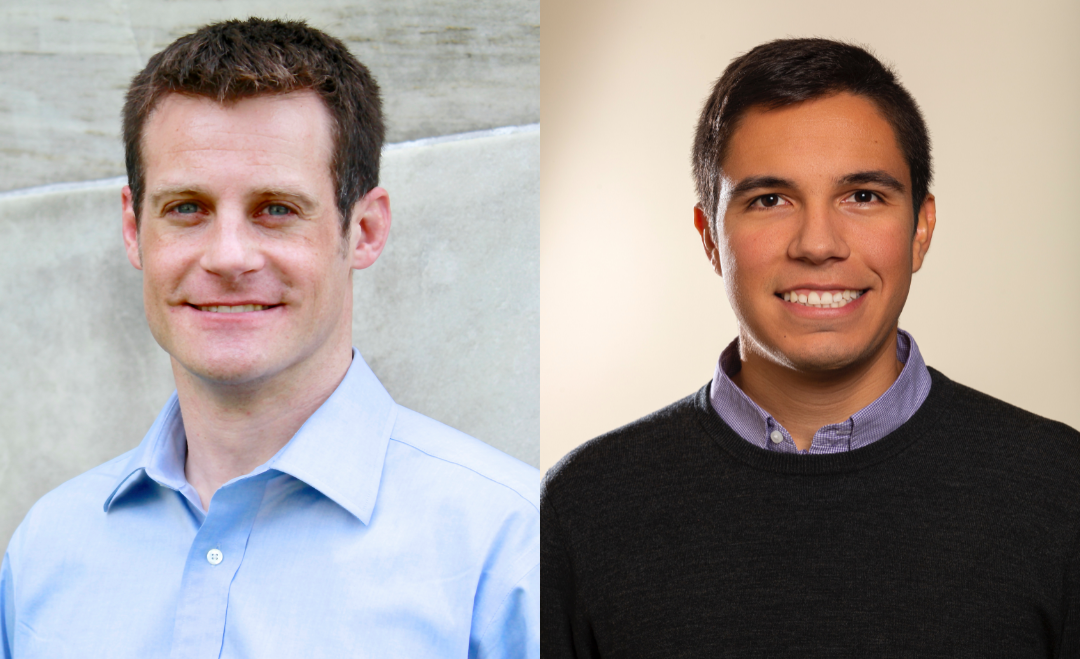
Geoffrey A. Anderson, MD, MPH
Trauma Surgeon, Division of Trauma, Burn, and Surgical Critical Care, Brigham and Women’s Hospital
Assistant Professor of Surgery, Harvard Medical School
Juan P. Herrera-Escobar, MD, MPH
Investigator, Center for Surgery and Public Health, Brigham and Women’s Hospital
Research Director of Long Term Outcomes in Trauma, Center for Surgery and Public Health, Brigham and Women’s Hospital
Beyond Surviving: Implementing the “Transforming Recovery After Injury for the Long-term (TRAIL) Clinic at Brigham and Women’s Hospital”
The United States has created an impressive and sustainable trauma system that excels at saving the lives of trauma patients but falls short of achieving comparable success in ensuring that survivors and their families receive appropriate care and support after leaving the trauma center. As a result, many trauma patients and caregivers feel that their needs are not being met following discharge and report feeling abandoned by the trauma system. Collaborative care models (CCMs) have been a successful strategy used in the care of other chronic conditions such as cancer, depression, and HIV to prevent this from happening. CCMs involve a team-based approach to care, in which healthcare professionals from different disciplines work together to provide comprehensive and coordinated care to patients.
With Stepping Strong Center funding, Dr. Anderson and Dr. Herrera-Escobar plan to implement the pilot of the Transforming Recovery After Injury for the Long-term (TRAIL) clinic at Brigham and Women’s Hospital, which will be the first CCM for traumatic injury survivors in New England. The TRAIL Clinic will conduct a holistic health assessment, identify clinical and social needs, develop a collaborative care plan, and discuss recovery goals. This study will help the research team learn about how CCMs can help traumatic injury patients and which factors will allow for the implementation of more CCMs to help a wider range of trauma survivors.
Geoffrey Anderson, MD, MPH, is a trauma surgeon in the Division of Trauma, Burn, and Surgical Critical Care at Brigham and Women’s Hospital, an assistant professor of surgery at Harvard Medical School, and serves as faculty in the Center for Surgery and Public Health as well as the Program in Global Surgery and Social Change. Dr. Anderson attended the Emory University School of Medicine and completed his residency at Massachusetts General Hospital while pursuing an MPH at Harvard School of Public Health. He completed his fellowship in trauma at the LA County & University of Southern California Medical Centers. He also severed as a flight surgeon in the Air Force and is a veteran of the wars in Iraq and Afghanistan. Dr. Anderson’s research focuses on long-term patient-reported trauma outcomes and he is the co-lead investigator for the Functional Outcomes and Recovery after Trauma Emergencies (FORTE) project as well as a co-PI on the Non-English Speaking Trauma Survivors (NEST) pathway. Both FORTE and NEST are multi-institutional collaborations that aim to understand and improve patient outcomes for survivors of traumatic injuries.
Juan Herrera-Escobar, MD, MPH, is an investigator and the research director of Long Term Outcomes in Trauma at the Center for Surgery and Public Health at Brigham and Women’s Hospital. Dr. Herrera-Escobar attended the Pontificia Universidad Javeriana in Bogota, Colombia, earned an MPH from the Harvard T.H. Chan School of Public Health, and completed a research fellowship at Brigham and Women’s Hospital. During his fellowship, Dr. Herrera-Escobar implemented the Functional Outcomes and Recovery after Trauma Emergencies (FORTE) project that aims to build a long-term, patient-centered data outcomes registry of patients who have suffered traumatic injuries. His work with the FORTE project has appeared in more than 25 publications, including a feature that presents trauma as a chronic condition in The New England Journal of Medicine. He is a co-PI on the Non-English Speaking Trauma Survivors (NEST) pathway at Mass General Brigham. Dr. Herrera-Escobar’s academic interests are in studying the long-term physical, mental, and social health consequences of traumatic injuries and in developing interventions to improve trauma survivorship.
